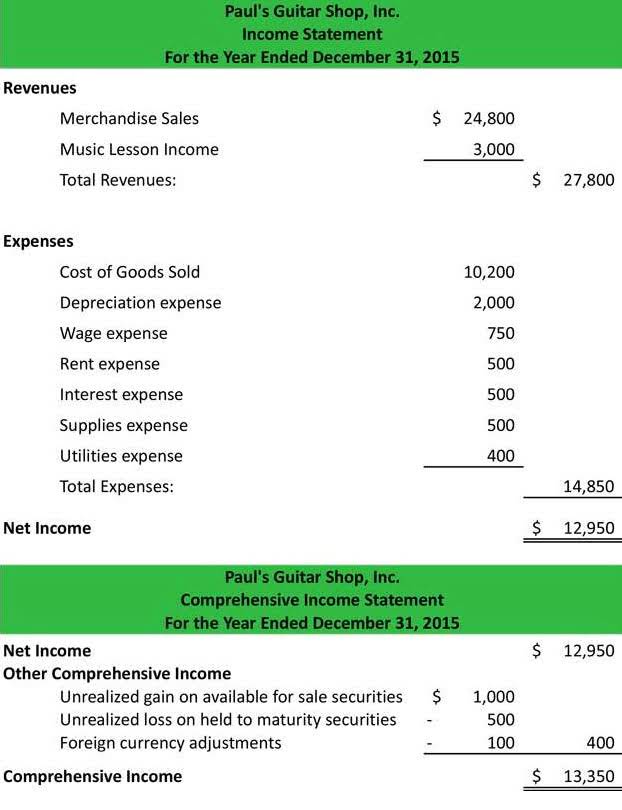
Government agencies, like the IRS, expect detailed reports for compliance. And everyone served by your programs counts on solid financial management to keep services running. By understanding the basics of nonprofit accounting, bookkeeping your team will be better equipped to fund its mission and make strategic decisions about your organization’s future. Use the tips above to get started, and don’t hesitate to contact an accountant (like our team at Jitasa!) with any questions or to take your systems to the next level. For large nonprofits, the Intuit Enterprise Suite solution provides additional project management and multi-entity reporting features that are particularly useful for tracking finances across locations.
Nonprofit Accounting and Bookkeeping Services from Anywhere

Shoeboxed generates detailed expense reports that show where the funds are being allocated. The size and complexity of a nonprofit affect how often reports are needed. Instead of a “Balance Sheet”, which a for-profit business would be required to generate, a nonprofit would instead issue a “Statement of Financial Position”.
- There are still obligations to employment taxes and possibly other taxes such as real estate and sales taxes.
- You may want to visit the National Council of Nonprofits to learn more.
- Accurate documentation distinguishes between these categories, guiding how each donation can be used to support your organization’s mission.
- Most nonprofits can apply to the IRS for tax-exempt status, which means they are exempt from federal taxes under Section 501.
- Nonprofits should adhere to Generally Accepted Accounting Principles (GAAP) or the Financial Reporting Standards (FRS) specific to their country.
- The vendor signs this document and confirms all details of the purchase.
Accurate and Timely Recordkeeping
Every dollar that comes in and every dollar that goes out must be recorded. It is the role of a nonprofit bookkeeper to record revenue and expenses. Many small to mid-size organizations will delegate payroll processing to their bookkeeper. It helps nonprofits analyze past financial performance, project future income, and expenses, and make informed decisions regarding program activities, fundraising efforts, and resource allocation. QuickBooks offers a discount on its QuickBooks Online software through TechSoup. This accounting services for nonprofit organizations version of QuickBooks Online offers the accounting features and functionality nonprofits need, including the ability to manage nonprofit finances, file Form 990 and file taxes.
- We will provide monthly financial reports, such as an Income Statement and Balance Sheet.
- The unique accounting standards applicable to not-for-profits (NFP) and the routine issuances of various ASUs have led to occasional misunderstandings by both NFP managers and auditors alike.
- Once a year, you’ll send the required documents to an accountant to submit Form 990 to the IRS and provide tax documentation to staff.
- We recommend doing a bank reconciliation at least once a month to make sure your books are up to date and accurate, to help track cash flow, to prevent fraud and to detect bank errors.
- This figure shows whether your nonprofit is running at a gain or loss for the period.
Is there a nonprofit version for QuickBooks online?

If you’re like most nonprofit professionals, the reason you chose to work in Catch Up Bookkeeping this sector was to further a good cause, not to crunch numbers and worry about compliance. However, effective financial management is critical for your nonprofit to make a difference in its community. After all, you need to bring in and properly allocate funding just to keep your organization’s lights on, let alone launch mission-critical programs and projects.
- A nonprofit’s basic bookkeeping and financial statements are the statement of financial position, statement of activities, and statement of cash flow.
- Tasks like bank reconciliation, invoice processing, expense tracking, and financial reporting can be automated to improve efficiency and accuracy.
- This includes investing in essential overhead costs like technology, personnel, and other operational needs.
- Our team adapts to your nonprofit’s needs to provide the perfect financial management solution.
- While many start with basic tools, growing nonprofits often need robust accounting software for nonprofit organizations to handle complex funding streams effectively.
Financial Statements for Nonprofits
If you have utilized these funds within the same financial year, they should align with the program’s purpose of donation. However, as soon as the financial year ends, these funds are categorized as unrestricted. Our systems are built around expense management and compliance, so nothing gets misclassified, and every transaction has a trail.
Nonprofit Accounting

The easiest way to do this is with quality accounting software that helps create standardized reports. Regardless of your nonprofit size, there are several accounting software options available. Nonprofit bookkeeping can seem complicated, but there are several resources to help experienced and novice bookkeepers.
Board Governance and Oversight

Each option has its unique advantages for your nonprofit’s financial management. When making this decision, be sure to carefully consider your mission’s needs and resources. Fund accounting buckets money into different “buckets” or categories instead of putting all the funds into one cash account. Bookkeeping covers your nonprofit’s day-to-day financial needs, mostly concerning data entry and simple transactions (more on these duties to come!). Although bookkeepers need some on-the-job training and financial know-how to do their jobs well, they aren’t required to have specific degrees or certifications. Nonprofit bookkeepers should prepare financial reports regularly, with monthly or quarterly reports helping organizations track their financial health.
